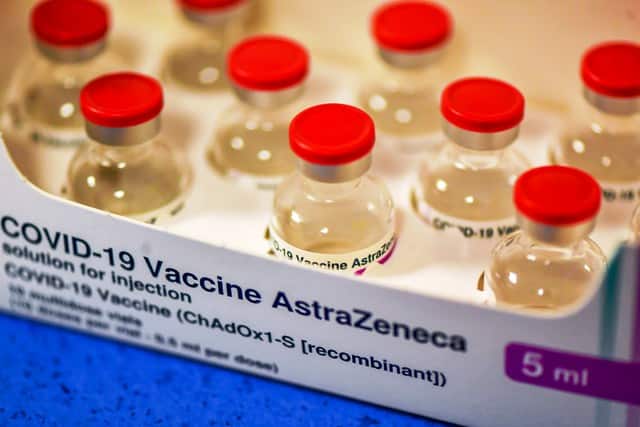![]()
The National Immunisation Advisory Committee (NIAC) have recommended that the temporary deferral of the administration of COVID-19 Vaccine AstraZeneca be overturned this evening. (Friday, March 19)
A suspension of the vaccine was enacted last weekend after report from the Norwegian Medicines Agency of cases of serious, rare thromboembolic (clotting) events, including some complicated by low platelet counts.
To date, no reports of serious clotting events associated with low platelets have been received by the Health Products Regulatory Authority (HPRA) in Ireland. Over 117,000 doses of COVID-19 Vaccine AstraZeneca have been administered in Ireland.
The European Medicines Agency (EMA), through its safety committee conducted and urgent review of all blood clotting events occurring with the COVID-19 Vaccine AstraZeneca to determine if there is a possible safety risk.
The EMA’s preliminary report, concluded yesterday, reported that the benefits of the COVID-19 Vaccine AstraZeneca in combating the threat of COVID-19 continue to outweigh the risk of side effects. The EMA also concluded that the vaccine is not associated with an increase in the overall risk of blood clots in those who receive it.
The NIAC has convened and reviewed the EMA statement in relation to COVID-19 Vaccine AstraZeneca and, following discussion with representatives from the HPRA, the National Coagulation Centre and counterparts across the EU, have recommended that the administration of COVID-19 Vaccine AstraZeneca should be recommenced.
The HSE will now work to recommence the administration of COVID-19 Vaccine AstraZeneca.
NIAC has made the following recommendations to the Department of Health:

Covid-19 - AstraZeneca vaccine